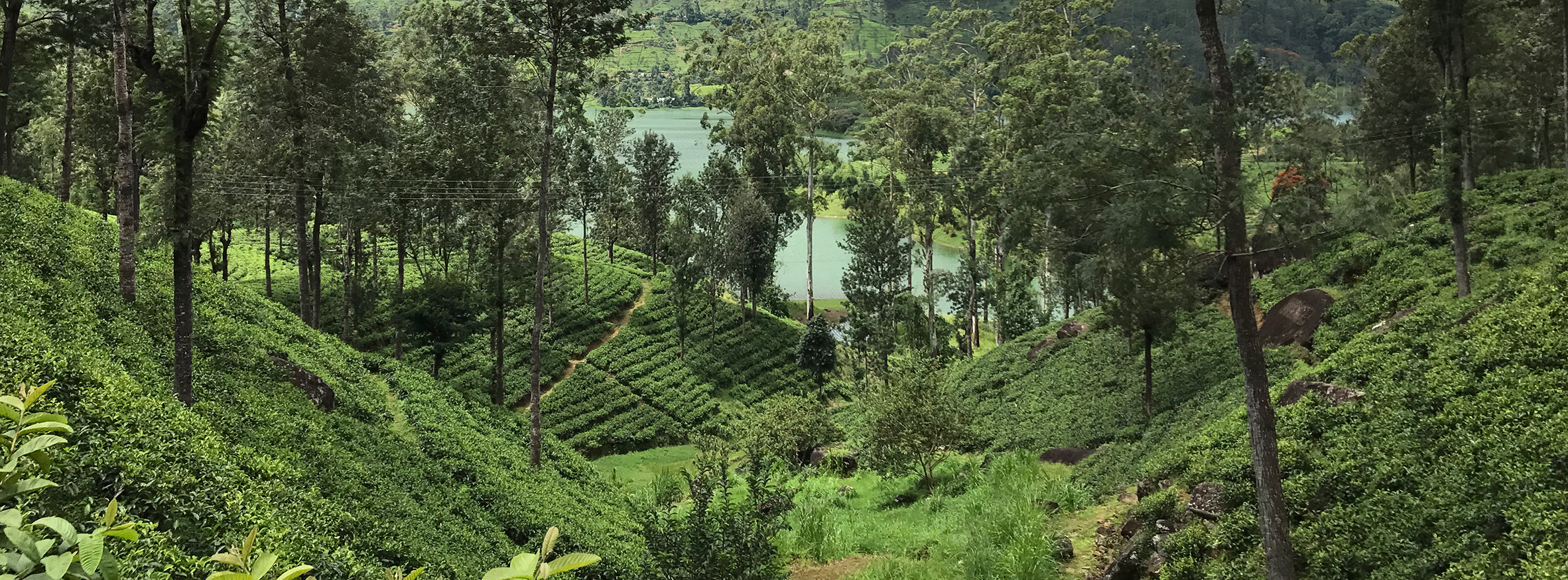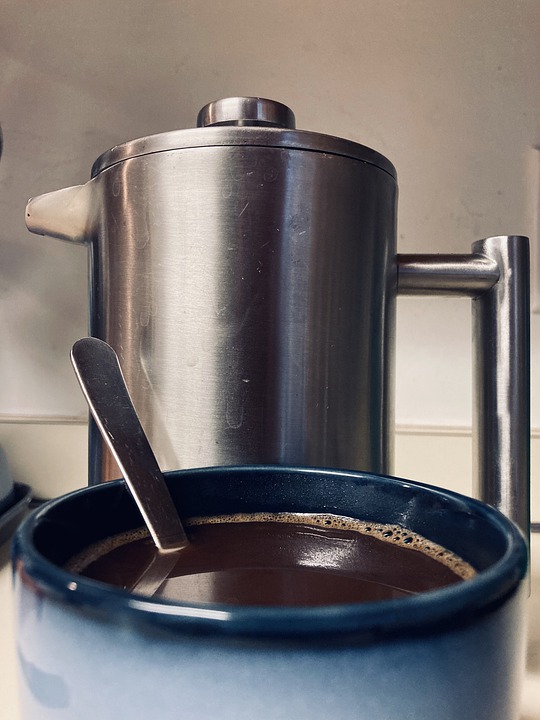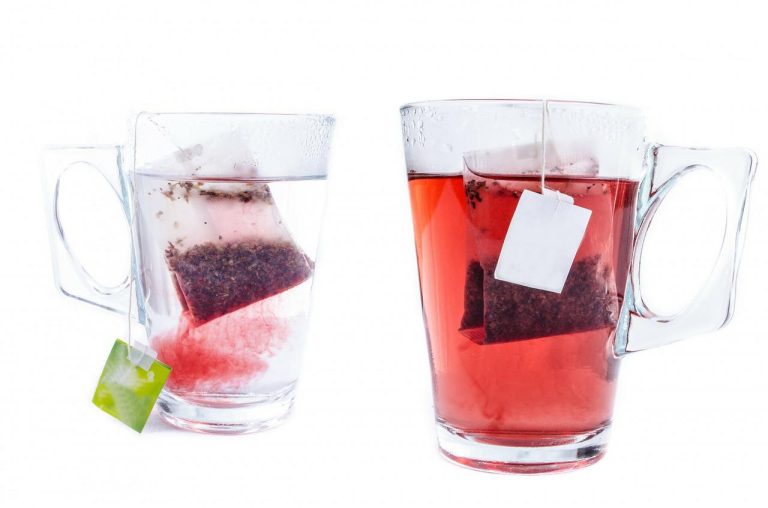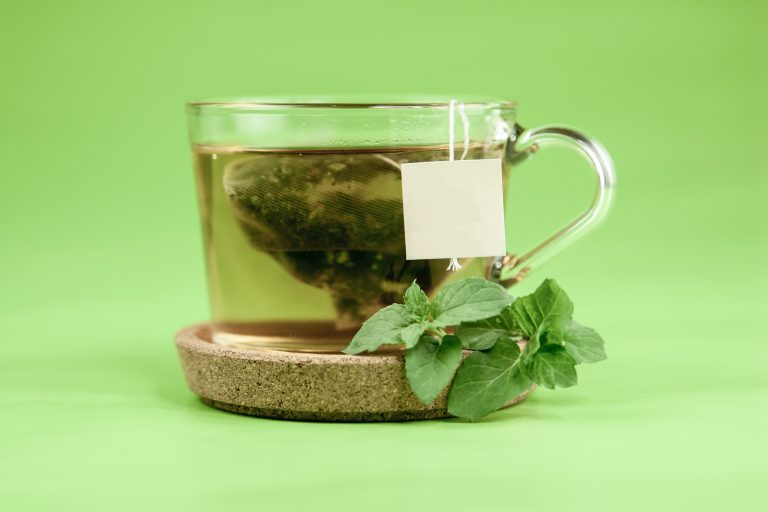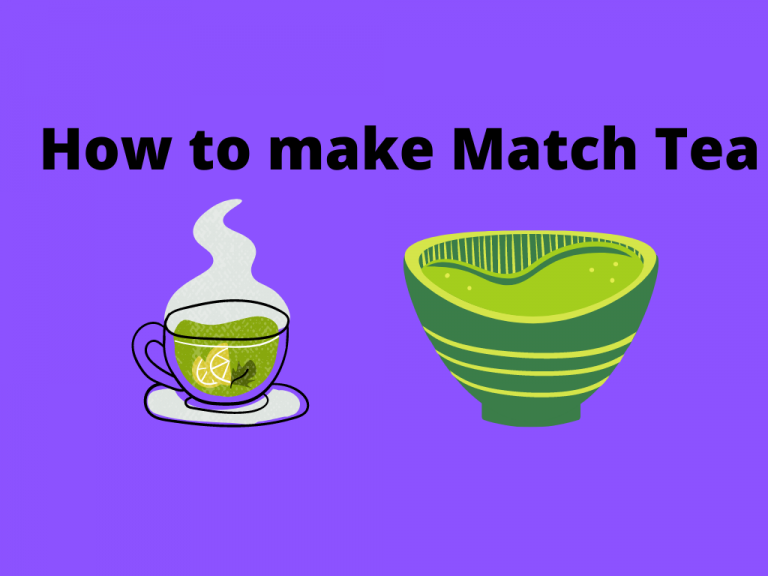Ceylon Black Tea
Introduction to Ceylon Black Tea
Sri Lankan tea is known in the world as ‘Ceylon Tea’. There are several types of tea produced in Sri Lanka. Ceylon black tea is most widely produced in Sri Lanka and it has high demand in the world. For a Sri Lankan, tea is literally second only to water, and a Sri Lankan drinks three or four cups of tea per day.
Tea cultivation in Sri Lanka was officially started in 1867 by Mr. James Taylor. The first tea estate in Sri Lanka was Loolecondera estate in Kandy. Since then, Ceylon tea has become a major export crop in Sri Lanka. Sri Lanka is the third largest tea export in the world and ISO 3720 is the minimum standard for Ceylon black tea.
Due to the good agricultural practices and good manufacturing practices are used for the production of Ceylon black in Sri Lanka, you can trust the quality of Ceylon tea. Especially the Sri Lankan Tea Board acts as the main regulatory body for Ceylon tea production. Therefore, it is possible to drink Ceylon tea with confidence. Sri Lanka Tea Board issues the Lion logo for tea exporting companies after completing legal and quality requirements of tea. So you don’t need to think twice to drink tea in a tea pack with the lion logo on it.

The Main Ceylon Black Tea Types
There are two main manufacturing methods to produce Ceylon black tea. Relatively, there is a difference in the physical shape and taste of the tea produced according to these two manufacturing methods.
- Orthodox Tea Manufacturing
- CTC Tea Manufacturing
Orthodox Tea Manufacturing
Orthodox is one of the tea manufacturing methods in Sri Lanka and it is the traditional tea manufacturing method. The Orthodox roller is used to roll tea several times. In this manufacturing process, more leaf grades are produced than small leaf grades. This orthodox manufacturing method is mostly used in Low-country and Mid-county regions in Sri Lanka.
In addition to the orthodox roller, rotorvanes are used for black tea production in Up-country. The tea produced by this method is called ‘Orthodox Rotorvanes Tea. In this manufacturing process, more small leaf grades are produced than leaf grades. There is a good demand from European countries for orthodox rotorvanes tea.
Orthodox Tea grades
- Pekoe
- Pekoe1
- FOB-Flowery Orange Pekoe
- OP- Orange Pekoe
- OP1- Orange Pekoe
- FBOP-Flowery Broken Orange Pekoe
- BOP-Broken Orange Pekoe
- Dust No1
- BOPF
- BOP1-Broken Orange Pekoe 1
- Fannings and Dust
CTC Tea Manufacturing
CTC means Cut, Tear, and Curl. Here the withered tea leaves are basically passed through a rotorvane. Then the tea leaves are sent through CTC cutting machine. The CTC cutters used in this manufacturing process speed up the production process than Orthodox rolling. Due to this, the fermentation process begins in the tea leaves by the mixing of polyphenol (catechins) and polyphenol oxidase enzymes, which are in different layers of tea leaves. The tea produced through this manufacturing process has good color and astringency, therefore made tea from the method is mostly used for teabags.
Health Benefits of Ceylon Black Tea

Balance diet is very important to the prevention of many diseases. Diet should be balanced without excess calories to reduce the risk of diseases. Beverages are an important part of our diet because; they can lead to excessive intake of minerals (Na) and calories. But Ceylon black tea is not a safe beverage to drink often. Although it helps to improve your health and avoid risk by some diseases.
The amounts of components of a tea cup will be varying due to many factors.
- Made tea type
- Amount taken for brewing
- Temperature
- Amount of water taken for brewing
- Brewing duration
- Brewing method
Tea contains no essential nutrients such as Carbohydrates, Proteins, and Fats. But it provides some of the Vitamins and Minerals that are good for the human body.
Daily fluid requirement of the body could be obtained by regular consumption of tea and it helps to keep your body hydrated.
Hydration
Approximately a teacup contains 99% water. The rest are the things that dissolve in hot water. Therefore, regular drinking of tea improves the hydration of the body. The average daily fluid requirement of an adult person is about 35ml per one kg of body weight. Tea contains a chemical called “Caffeine”. It increases the flow of urine and avoids fluid replacement. Tea helps to balance body fluids, even when you are in stressful conditions.
The Energy comes from a cup of black tea
Drinking tea without milk or sugar does not provide energetic compounds. One teacup has 1kcal of calorific value.
Vitamins found in Black Tea
Black tea has been found to contain several vitamins. i.e. Thiamin, Riboflavin, Niacin, Folic acid, Pantothenic acid, Biotin, Inositol, Vitamin E, Vitamin C. Vitamin E & C, and in some cases those vitamins are lost in processing and brewing of tea.
Nutrients/ Non-Nutrients
Food substances are most important to the growth and maintenance of the human body for build tissues, repair tissues, and supply fuel for energy. Only a few components in food are necessary for these functions. Some substances are in the food and affect human health and the proper functioning of organs. But they are not defined as nutrients.
The best example of a non-nutrient is “Fibre”. Fiber could be defined as complex carbohydrates that come from the structural parts of plants. Stomach juices do not digest fiber. They are excreted when the food passing through the gastrointestinal tract and it is not affected nutrition. If we do not consume a lot of fiber, the function of the gastrointestinal tract will not activate properly.
Then, constipation, an increase in blood cholesterol, cardiovascular diseases, and colorectal cancer maybe happen. Therefore, non-nutrient are an important part of our diet to maintain good health and proper functioning. Black tea mainly contains Polyphenols and Caffeine. They are non-nutrient materials and having a good antioxidant ability. They give beneficial effects on the human body. Polyphenols are water-soluble and contain 40% of soluble solids. There is a polyphenol type called “Flavonoids”, that found in fresh tea leaves. When manufacturing black tea, some flavonoids are converted into dimers and polymers.
There is the best stimulant is available in tea,” Caffeine”. It helps to increase alertness, mental clarity and reduces the reaction time and fatigue by acting on the central nervous system.
Most of the polyphenols are act as antioxidants. They are enabling those molecules to neutralize free radicals. During normal metabolic reactions, free radicals are formed and they are highly reactive. These radicals are reacted with molecules in body tissues organs and caused heart diseases, stroke, and cancer. These diseases could be avoided by getting a balanced diet, regular exercise, and a low level of mental stress. Therefore antioxidant intake is essential for keeping a healthy life. Black tea is a good source of antioxidants. Therefore drinking Ceylon black tea is the best way to intake antioxidants to the body.
Ceylon Black Tea Prevent Heart Diseases
Many researchers say that drinking tea reduces the risk of heart diseases. Among them, coronary heart disease is the most common form and caused by complete or partial blockage of the blood-supplied arteries to the heart wall and muscles. Coronary arteries are involved in continuous blood supply for the heart to continue the smooth pumping of blood flowing. Then a blood clot will be easily blocked the thickened artery. High levels of lipids facilitate deposition on the walls of the arteries. So tea contains antioxidants that could reduce the number of oxidants in the circulatory system.
And many scientific investigations prove that black tea has the ability to reduce oxidative stress and plaque formation. Theaflavins and thearubigins are two varieties of polyphenols contained in black tea and they have the ability to inhibit oxidation and plaque formation by reducing the risk for heart diseases.
Reduction of Cholesterol
Heart disease is often caused by an increase in the level of cholesterol in the blood. It has been found that consuming black tea can reduce the risk of blood cholesterol.
Black Tea Good for Cancer
DNA is the genetic material that contains all cells in animals and humans which controlled all activities including the growth and reproduction of cells. In the early stages of cancer, the DNA is damaged or changed. Latter it becomes a cancer cell. Rapid growth and multiplication of cells may happen in the cancer initiation. Mutagens are agents that cause damage to DNA and cause to cancers. These mutagens are called “Carcinogens”. Some chemicals, radiation, smoke, and viruses act as carcinogens. In later stages of cancer, cell to cell signaling is needed for the multiplication of cancer cells further.
Components of black tea prevent cell to cell signaling and reduce the development of cancer. Tea has anti-angiogenesis properties that form small blood vessels. Then the blood supply for the cancer cell would be poor and their growth will dropdown.
Black Tea for Oral Health
Black tea could prevent the growth of microbes in the mouth. Both fungal and bacterial species cause some oral infections. But brewed black tea could inhibit their growth and improve oral health
Good for Diabetes
Flavanol, Myricetin which is present in black tea having mimics insulin activity. Polyphenols in tea prevent alpha-amylase activity and reduce the blood glucose level. Alpha-amylase is an enzyme that involves the conversion of starch in food to glucose in the digestive process. Therefore, drinking black tea is useful to diabetics.
Minerals in Black Tea
Tea is rich in metal elements. Therefore, by drinking tea we will be able to get many minerals. Potassium has the highest concentration in the brew according to the below chart.

Aluminium (Al) Toxicity
Tea consumption could lead to excessive intake of Aluminium and it is causing Aluminium toxicity. Because tea plants accumulate Al. tea leaves are rich in higher concentrations of Al. most of the mature leaves are accumulate Al than tender leaves. Therefore, the contribution of Al from tea to daily intake is less than 3%, and drinking tea is not cause Al toxicity.
Fluorides (F)
Fluorides absorb by the teeth from tea. Because tea contains relatively high amounts of F. fluorides causes harder to teeth and resistance to decay. However, drinking more tea with fluoridated water does not cause any adverse effects.
Iron (Fe) Absorption
Polyphenols bind with Ferrous or Ferric irons form insoluble complexes. Flavonoid is a polyphenol contained in tea. It can reduce the Fe absorption into blood vessels and they do not interact with Fe from meat or fish. It interacts only with Fe from plant sources. Therefore, in the vegetarian diet, it is advisable to drink tea either 1 ½ hours before or after a meal.

